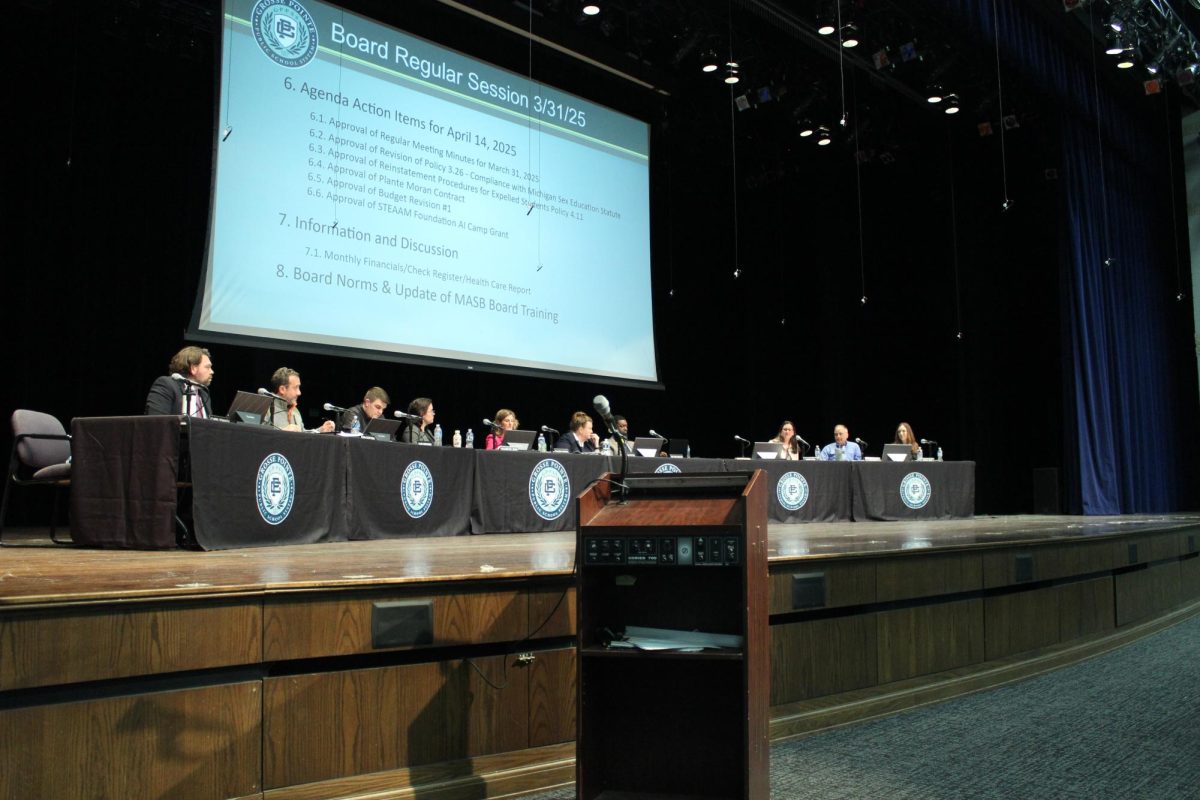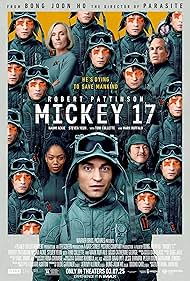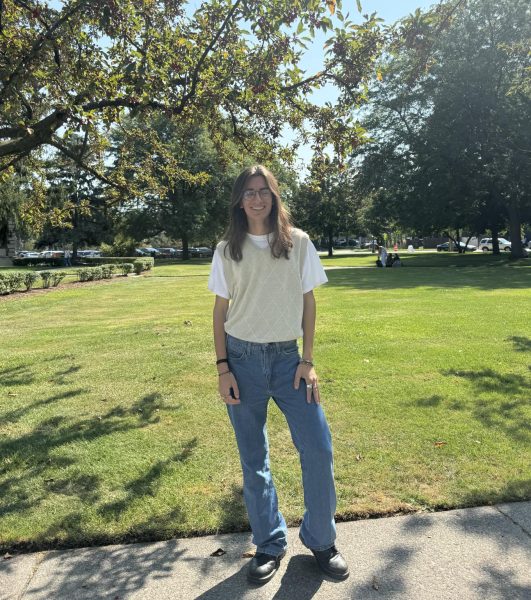Brian Thompson, CEO of UnitedHealthcare, was assassinated in the broad morning daylight, on Dec. 4, 2024. The gunman approached him outside the New York City hotel, New York Hilton in Midtown, and fired three shots, killing him.
Weeks later, as a suspect has been apprehended and taken to trial, many Americans such as Leo Zellen ’27 have unusually shown apprehensive support of the death of Thomspon, given the rampant destruction caused by the American health system, and its ramifications felt by the American public.
“I disagree with the death penalty, so it’s tricky,” Zellen said. “But [Thompson] indirectly killed thousands, if not more.”
Zellen finds that the death of Thompson has led to increased class consciousness and even indirect positive effects. Zellen cites the rollback of Blue Cross Blue Shield’s new policy in Connecticut, New York and Missouri; denying anesthesia coverage when progressing beyond a set amount of time in surgery. After Thompson was assassinated,this policy was rolled back a day later.
“We shouldn’t be divided across politics, religion, or even lower, middle or upper class,” Zellen said. “It is all of us against the billionaires; they are not here to support us. You can’t be a billionaire ethically. There’s no way to have that much money and be a good person.”
Like Zellen, Nikolas Elezaj ’27 shares similar beliefs. The defining factor between the two, however, is that Zellen identifies with left-wing ideologies, whilst Elezaj identifies with the right.
“It definitely is a class issue,” Elezaj said. “[Americans] are like ‘Oh, certain people want to take me out because they have more money than me.’”
Despite being a traditionally left-wing policy, Elezaj is in direct support of socialized medicine, as the current healthcare system has proven to be ill-fitting for many Americans. Based on reports from the last fiscal year, UnitedHealthcare denied a third of all insurance claims.
“If you look at countries with nationalized healthcare, the healthcare there isn’t on par with [the United States], but medical treatment is medical treatment,” Elezaj said. “I think nationalizing health care is a good idea.”
Similarly, Harvest Savage ’25 also asserts serious issues with the United States healthcare system, specifically citing how rich people are able to allocate or determine who or what gets healthcare coverage.
“When CEOs are being paid so much money that could go to people who need medical help,” Savage said. “Who are we putting into position that decides who gets money?”
However, violent protest is not the only way to spark debate or cause change as students like Zellen believe.
“Change can happen from peaceful protest. I was just at the Capitol on Tuesday at a march,” Zellen said, “But I also think that some people get to the point where they are so powerful they can just ignore it and nothing will happen.”












































































